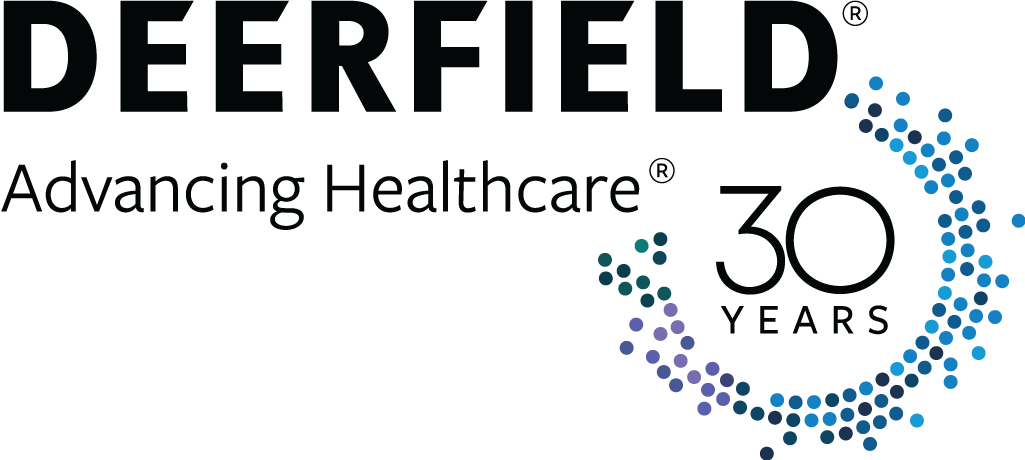Purpose
This study was designed to assess the awareness and utilization of resources to improve patients’ treatment experiences among endocrinologists who currently treat patients with acromegaly.
Methods
A total of 4,280 US endocrinologists were randomly selected from the CMS National Plan and Provider Enumeration System and were invited by mail to participate in a 20-minute online survey. In order to qualify, respondents had to be the primary physician making treatment decisions for at least one patient for their acromegaly.
Results
Results are based on responses from 126 physicians from primarily urban and suburban practices, with a median of five acromegaly patients. A total of 70% of patients are currently receiving drug therapy; among these, 91% are on octreotide (51%), lanreotide (29%), or pasireotide (11%), alone or in combination with another therapy. Nearly half of the respondents thought that the impact of patient adherence on therapy outcome for acromegaly was either not very (40%) or not at all (7%) significant. Respondents who believe patient adherence significantly impacts treatment outcome were significantly more likely to discuss automated adherence reminders (50% vs 26%; P=0.015), mobile administration programs (57% vs 35%; P=0.029), and symptom tracking (72% vs 42%; P=0.002). Overall, 44% of respondents routinely recommend education/emotional support programs, and 25% routinely recommend financial assistance programs. Respondents who believe patient adherence significantly impacts treatment outcome generally were more familiar with individual education and emotional support programs compared to those who do not, although they were not more likely to routinely refer patients to any of these resources.
Conclusion
There are unmet needs with respect to increasing awareness among physicians of the importance of patient adherence to therapy, resources available to patients, and how collaboration among patients, nurses, and physicians can improve adherence and overall treatment experiences.
Keywords: financial support programs, emotional support programs, referrals










